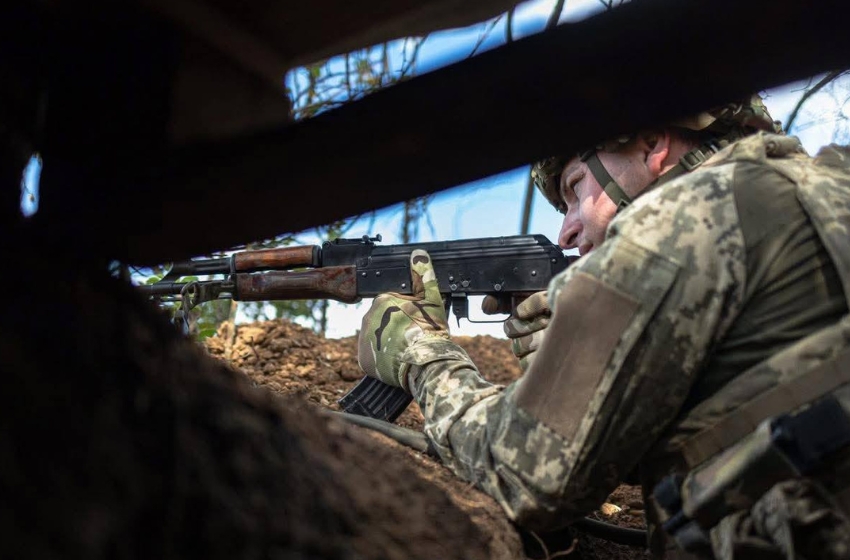The Norwegian government has, for the first time in history, approved a National Security Strategy. The document names Russia as a persistent and long-term threat that must be addressed exclusively through deterrence, defense, and strict control. The possibility of dialogue or a “reset” of relations is ruled out.
According to the government’s assessment, the war in Ukraine is a key factor in the rethinking of the country’s defense policy. Support for Kyiv is seen as a contribution to overall European security. It is also noted that the outcome of the conflict will have far-reaching consequences not only for Ukraine but also for the security architecture of the entire continent.
The document outlines three strategic priorities:
1. Strengthening defense capabilities. In response to the growing risk of war in Europe, Norway plans to rapidly reinforce its armed forces, expand cooperation within NATO, and prepare for possible conflict, including in the Arctic.
2. Enhancing societal resilience to hybrid threats. Priorities include protecting critical infrastructure, countering disinformation, terrorism, and radicalization, and increasing public awareness of emergency situations. Special emphasis is placed on safeguarding democratic processes ahead of the parliamentary elections on September 8, 2025.
3. Economic security. Oslo intends to maintain an open but secure economy by reducing dependence on unfriendly states, particularly China. Priorities include investment control, the development of critical technologies, support for strategic industries, and ensuring stable energy supplies to Europe with security risks in mind.
The document refers to China as a systemic challenge to the international order. Its economic expansion and support for Russia are seen as undermining global stability. The strategy calls for a gradual reduction of dependence on Chinese technologies, capital, and expertise in critical sectors.
For the first time, Norway officially defines its policy toward Russia in terms of “deterrence and control,” clearly rejecting the illusion of “dialogue” or “resetting relations.” The strategy also reflects Oslo’s intention to play a more active role in shaping European defense policy and initiatives to strengthen security in Northern Europe.





















